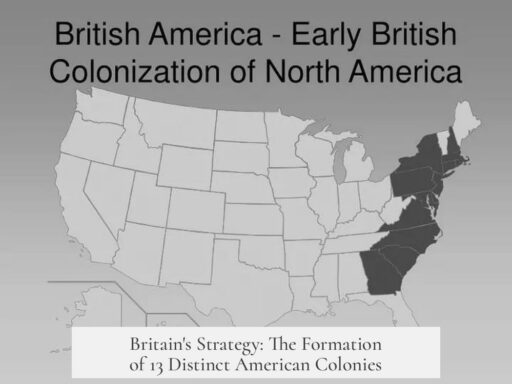Nova Scotia and Quebec did not join the other 13 colonies in the American Revolution due to distinct political, cultural, and demographic factors that favored loyalty or neutrality toward Britain. These factors stemmed from British policies, local population makeup, and military influences that diverged significantly from those in the rebellious southern colonies.
Quebec’s unique status derived largely from the Quebec Act of 1774, which addressed critical local concerns. The Act allowed French-speaking Canadiens to freely practice Catholicism, retain their traditional civil law, and participate in government without renouncing their faith. This political accommodation reduced discontent by protecting French Canadian culture and religion. The Act also expanded Quebec’s borders into contested lands south and west of the Great Lakes, invalidating some American colonial territorial claims. Thus, Quebec remained loyal or neutral because British rule preserved much of its traditional social and political structure. Efforts by American forces to invade Quebec in 1775 failed, with the Continental Army unable to capture Quebec City. Although the American Continental Congress invited Quebec to join the revolution, the province’s population largely distrusted the American cause, partly due to their satisfaction with the religious and legal protections granted by Britain.
Nova Scotia’s situation differed. Unlike the predominantly French Catholic population in Quebec, Nova Scotia’s population largely consisted of recent British settlers and Loyalists. The original Acadian French population, who were Catholic and French-speaking, had been deported by the British between 1755 and 1762 due to fears of disloyalty during the preceding French and Indian War. In their place, Britain encouraged British settlers, many from loyalist backgrounds, to relocate. This influx included thousands of American Loyalists fleeing the revolution south of the border. These settlers had strong personal and economic ties to Britain, reinforced by land grants and the presence of a powerful British naval base in Halifax. The British Navy maintained significant military control over Nova Scotia throughout the American Revolution. Local Patriots were few and often expelled or suppressed early in the conflict, leading Nova Scotia to maintain official neutrality while effectively siding with Britain.
The British government’s strategic decisions ensured stability in these two colonies. In Quebec, they granted religious freedom and legal protections to the French Catholic majority, diffusing potential rebellion. In Nova Scotia, they solidified a loyalist population through settlement policies and military presence. Both colonies remained outside the revolutionary movement largely because British authority aligned more closely with their social, political, and economic contexts than the American rebel cause.
| Colony | Key Reasons for Not Joining Revolution | Details |
|---|---|---|
| Quebec |
|
|
| Nova Scotia |
|
|
The British strategy in both colonies aimed to avoid insurgency by addressing local concerns and consolidating loyal populations. In Quebec, the government essentially ceded political autonomy on key issues like religion and law. Nova Scotia, meanwhile, functioned as a refuge for loyalists who rejected independence and sought protection under British power.
Attempts by the American revolutionaries to win over these colonies were limited and ultimately unsuccessful. Quebec saw a military invasion by Benedict Arnold and others that ended in defeat. Letters from the Continental Congress requesting support failed to sway the majority of settlers. In Nova Scotia, Patriot attacks such as the Battle of Fort Cumberland in 1776 briefly involved local sympathizers but were repulsed, further discouraging rebellion.
Both Quebec and Nova Scotia’s differing demographic histories, British accommodations, and military realities explain why they stayed out of the revolution. They highlight the diverse loyalties and complex colonial identities in North America during the 18th century.
- Quebec remained loyal due to the Quebec Act’s protections of religion, law, and territory.
- Nova Scotia’s population was primarily loyalist British settlers reinforced by military presence.
- Military attempts by American revolutionaries to involve these colonies failed.
- Deportations and resettlements shaped loyalist majorities in the Maritimes.
- British policies prioritized stability by accommodating local cultural and political concerns.




